Questioni just got baby gecko about two months old and ive had it for a day or two and im wanting to get it use to me loving on it and picking it up. i already have a gecko but she was already tamed and stuff and i decided to get a new one i already know she will eat the baby but not that i got the baby gecko i absolutely love her to death and want to train her to be very loving any suggestion you can give me pretty please thank you kindly
AnswerHi, Travis,
Reptiles aren't like other pets, and you have to treat them a little differently. The first thing to remember is that reptiles don't like to be handled. Over time, they will get used to it, but it's not something they actually enjoy. Baby geckos hatch out of their egg ready to face a world that's full of tremendous danger and predators. All of their instincts tell them that anything bigger than they are is a threat to their life. They're terrified!
They also don't like being in a new environment. The fear and anxiety caused by all of this is called stress. Stress can cause reptiles to become sick, and fail to thrive, so you always want to be careful to reduce stress as much as possible.
First, make sure your caging is correct. Pet store people don't know how to care for reptiles properly, so they can't give you good advice. Make sure you have a good, recent book on leopard gecko care, and follow it carefully. Reptiles need controlled heat (an undertank heat mat controlled by a thermostat or rheostat), and temperatures need to be just right for them (use a digital thermometer with a remote probe). Never use a heat mat without a controlling device, and don't use an overhead heat lamp for leopard geckos.
Leopard geckos should not be on sand; use cage carpet, newspaper, or slate tile for them, instead. They should have two small hides - one dry hide, and one that's full of damp moss. Put one hide on each end of the cage, and heat only one end of the cage, so the reptile can change its body temperature by moving from one side of the cage to the other. Change the moss often so it doesn't mold or grow bacteria.
If all that is just right, then comes the hard part:
LEAVE HIM ALONE FOR A WHOLE WEEK. That's right- don't pick up the gecko, don't move the hides, don't poke him, or bug him; just leave him alone completely. You should only open the cage to feed him once a day, and to change his water. (Feed calcium-dusted 1/4 inch crickets, and remove any that are left over after 15 minutes).
After a week, IF the little guy is eating heartily each day, and is bright-eyed and looks healthy, you may start short, gentle handling sessions. Don't hold him for longer than 15 minutes per day at first. Remember, you're TERRIFYING! He will need time to relax after going through being picked up by a giant! As he grows older, and gets used to the routine, he will become more and more calm, and you will wind up with a very tame pet gecko. Once he's no longer jumpy and doesn't try to run away, you can increase the handling time, but you should never have your gecko out for longer than an hour a day. This is because he needs to be in his temperature-controlled environment to stay healthy, and needs to be able to relax.
At first, expect your little gecko to run away, scream at you, and maybe even bite! (It won't hurt). This is normal, and it's good - it means you have a healthy gecko. A gecko that is too 'tame' at this age is likely to be sick, and too weak to protest when you pick it up.
Leopard geckos live for 20 to 30 years with proper care! (If you have a different species of gecko, the care instructions will be different - not all gecko species should be handled).

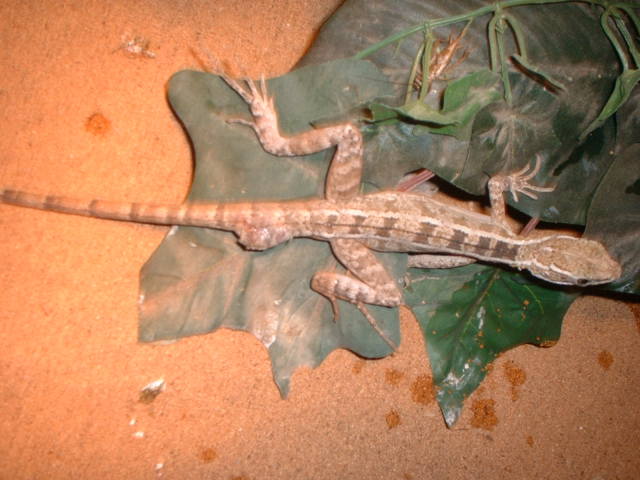 Bump on basalisk tial
Question
lizard
There is a bump or abscess on the tail
Bump on basalisk tial
Question
lizard
There is a bump or abscess on the tail
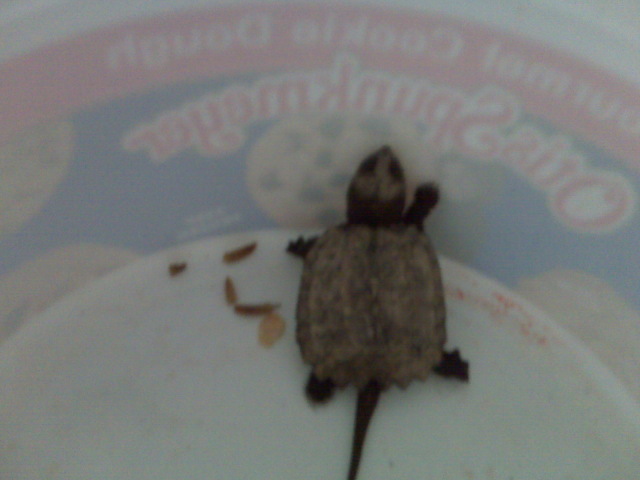 what kind of turtle
QuestionQUESTION: I am sorry to bother you, but i need
what kind of turtle
QuestionQUESTION: I am sorry to bother you, but i need
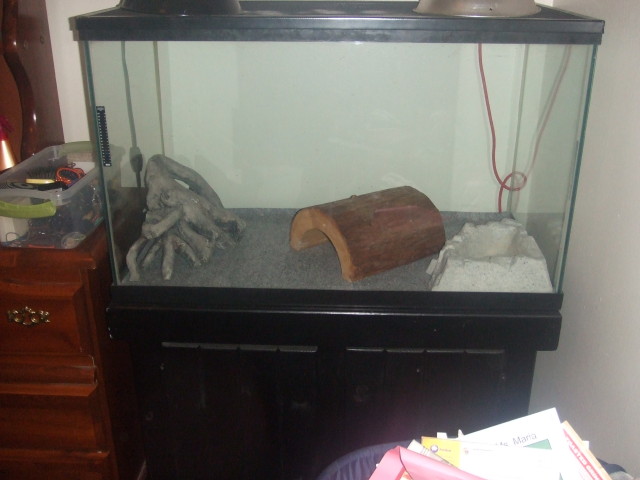 Bearded Dragon lighting setup
Questiontank
QUESTION: Hi i recently was asking
Bearded Dragon lighting setup
Questiontank
QUESTION: Hi i recently was asking
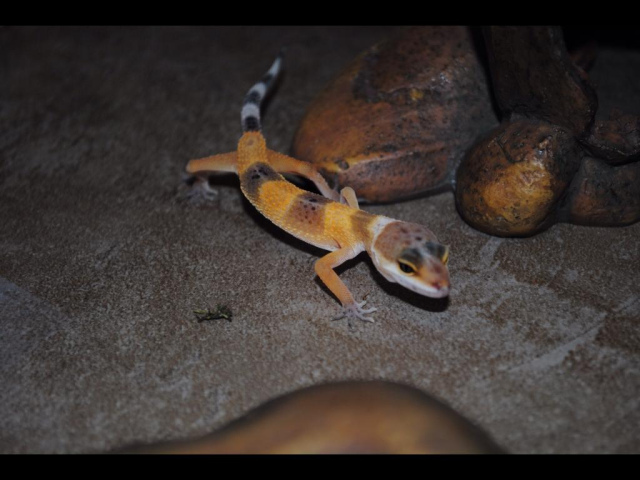 Picture of my leo
Question
My baby Leo
Hey,Sorry I had to make another qu
Picture of my leo
Question
My baby Leo
Hey,Sorry I had to make another qu
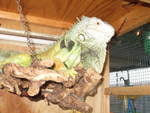 Large Iguana and asmtha
Question
JJ Watt
I have an adult Iguana that I h
Large Iguana and asmtha
Question
JJ Watt
I have an adult Iguana that I h